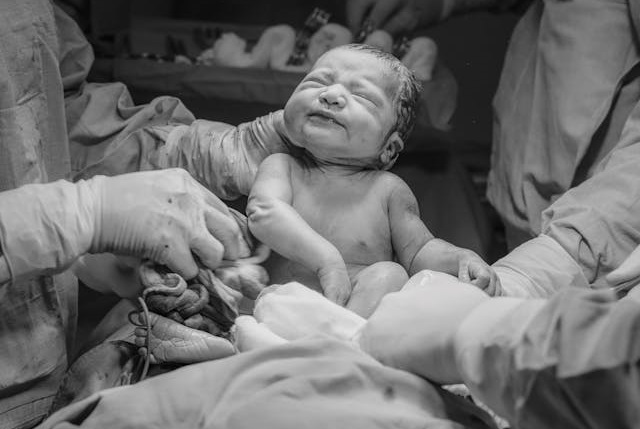A birth injury can turn one of life’s happiest moments into a devastating crisis. Instead of bringing their newborn home with peace of mind, parents are suddenly faced with emotional trauma, overwhelming medical decisions, and financial strain. When negligence during labor or delivery leads to harm, families have the right to seek justice.
Families who pursue claims often gain access to vital resources through legal support for birth injury claims, ensuring that those responsible are held accountable for their actions. This article outlines the specific types of damages parents may pursue after a birth injury and how each one plays a role in restoring dignity, stability, and a sense of justice.
1. Medical Expenses (Past and Future)
Parents face significant medical bills from the moment the injury occurs. These expenses include emergency procedures, neonatal intensive care, surgeries, medication, and follow-up treatments.
In severe cases, lifelong care becomes a consideration. Claims include the estimated costs of future therapies, assistive devices, home modifications, and medical specialists.
2. Rehabilitation and Therapy Costs
Children with birth injuries frequently require physical therapy or speech-language therapy. These sessions help improve motor skills, mobility, and communication. Courts acknowledge these recurring costs and award damages based on the projected frequency and duration of therapy needs.
3. Pain and Suffering
Pain and suffering mean the physical discomfort and emotional distress the child experiences due to the injury. Although difficult to quantify, this damage remains a critical component of many claims. Parents also highlight the child’s reduced quality of life, especially if the injury leads to permanent disability or chronic pain.
4. Loss of Earning Capacity
When a child’s injury limits their ability to work later in life, courts assess the projected lifetime earnings the child would have likely earned. Economic experts calculate these losses based on industry averages, inflation, and other variables. Claims frequently include these losses to help secure the child’s future.
5. Parental Lost Wages
Caring for a child with a birth injury forces one or both parents to miss work or stop working altogether. Claims factor in these lost wages, especially when long-term caregiving demands arise. Courts consider salary history and lost career opportunities when awarding this type of damage.
6. Emotional Distress (Parents)
Parents experience significant emotional trauma when their child suffers a birth injury. Depression, anxiety, guilt, and mental exhaustion affect the family’s well-being. Many courts recognize emotional distress in these cases and award compensation based on the intensity and duration of the suffering.
7. Special Education and Developmental Support
Children with birth injuries may require special education programs, individualized learning plans, and personal aides. These services involve extra tuition, specialized instructors, and unique tools for learning. Parents claim these expenses to ensure their child receives the necessary support through school years and beyond.
8. Punitive Damages (In Some Cases)
When a healthcare provider acts with reckless disregard or gross negligence, courts sometimes award punitive damages. These do not compensate for a specific loss but instead serve to punish the wrongdoer and prevent similar behavior in the future.
Conclusion
Birth injuries bring long-term consequences that touch every part of a family’s life. Each type of damage plays a vital role in restoring stability, securing the child’s future, and holding negligent parties responsible.




